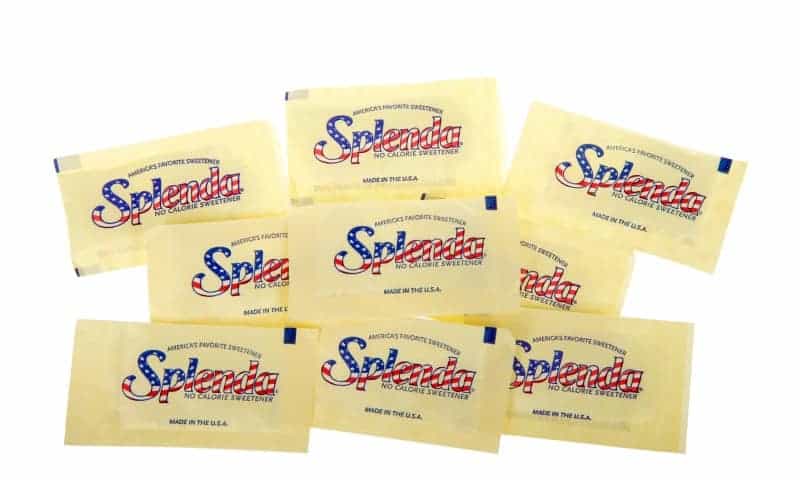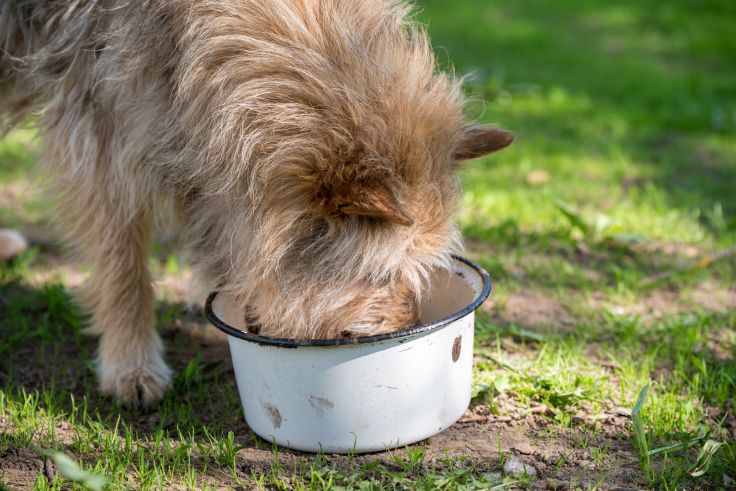Do you have plumbers putty at home? It’s a common putty that’s used for plumbing purposes. If you’re a DIY person, and fix leaks around your home, then you probably have this putty.
Connect with a verified veterinarian in minutes. Licensed vets are available 24/7 to answer your questions. No need to worry about your furry family member.
But what happens if a dog eats plumbers putty? Is plumbers putty toxic to dogs?
What is Plumbers Putty?
Plumbers putty is a type of sealant and adhesive that is used to seal different types of plumbing jobs. The putty is very easy to use. And it’s a product many people keep in their home tool kit.
One of the nice things about plumbers putty is that it stays soft and keeps a seal for a long time. However, it’s not as adhesive as other types of caulking. Plus, old putty is easy to remove, if it needs to be replaced.
Plumbers putty is most often used on sink strainers, at the base of faucets, and more. It’s used for a wide range of plumbing applications. When it’s installed, the putty hides under the edge of the sink faucet, for instance, where it can’t be seen.
Plumbers putty is a very cheap material that comes in small tubs. It’s made by various manufacturers, who use their own ingredients.
The most common ingredients used in plumbers putty can include linseed oil, limestone, petroleum, hydrotreated heavy naphthenic, and crystalline quartz. Some brands also include ethylene glycol.
While this is a handy tool to have around the house, what happens if your dog eats it?
Plumbers Putty & Dogs
Plumbers putty and dogs are not a good combination. If the putty does not contain ethylene glycol, then it may not be toxic. However, any product that contains ethylene glycol is toxic to dogs.
Another issue is that depending on the amount of putty the dog ate, it’s possible the material could form an intestinal blockage. This is a serious life-threatening emergency.

Review symptoms, medications & behavior to keep your pets healthy with a Vet Online in just minutes.
Ask a Vet Live NowWhat Should I Do if my Dog Has Eaten Putty?
Note: do not induce vomiting because the ingredients of the putty can be inhaled into the lungs, which causes serious problems.
First, check to see if the plumbers putty contains ethylene glycol. You may want to write this and other ingredients down, and then call the vet. Don’t forget to include the brand of plumbers putty the dog ate.
The vet will probably want to see your dog just to see what’s going on. Your fur baby may vomit, have diarrhea, and nausea. The vet may x-ray your dog’s digestive tract to see if there is an intestinal blockage. From there, treatment will depend on the vet’s diagnosis.
In most cases, dogs will go on to a full recovery, as long as they receive prompt medical attention.
Connect with a verified veterinarian in minutes. Licensed vets are available 24/7 to answer your questions. No need to worry about your furry family member.

Julie
Julie is a graduate of the University of North Carolina, Wilmington, where she studied Animal science. Though contrary to the opinion of her parents she was meant to study pharmacy, but she was in love with animals especially cats. Julie currently works in an animal research institute (NGO) in California and loves spending quality time with her little cat. She has the passion for making research about animals, how they survive, their way of life among others and publishes it. Julie is also happily married with two kids.
Review symptoms, medications & behavior to keep your pets healthy with a Vet Online in just minutes.
Ask a Vet Live Now




